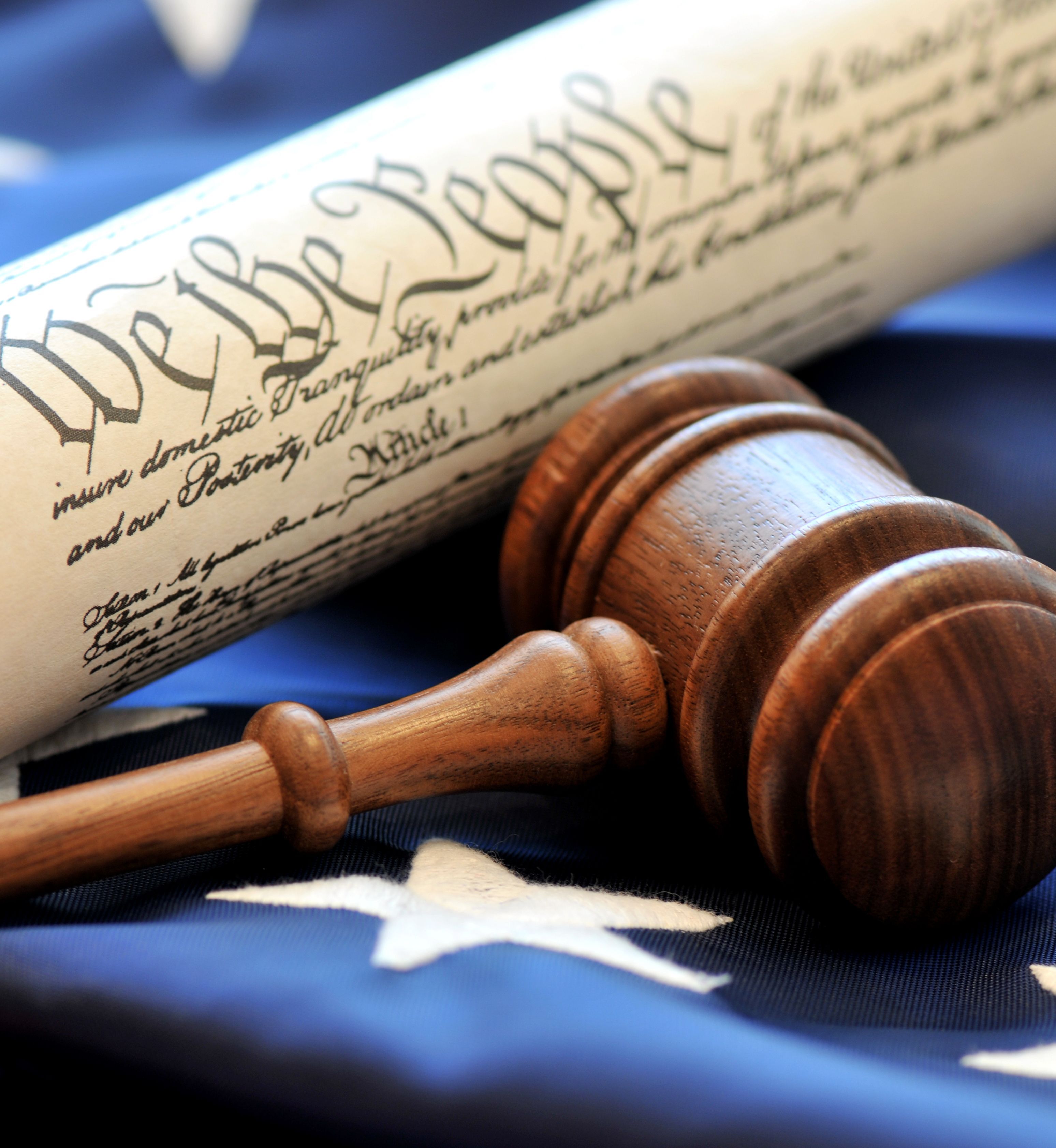Q: What is jury service?
A: Jury service is a civic responsibility in which people are chosen to be jurors in court cases. Jurors listen to the facts of the case, follow the instructions of the judge, and discuss the details with other jurors. At the end of the case, they make a final decision, or verdict, based on the evidence and the law.
Q: Why is jury service important?
A: Jury service is an important opportunity for people to be involved in their community. It lets people make important decisions that impact others. By serving on a jury, individual jurors can feel more responsible and more connected to their community. Jurors with different backgrounds help make sure that many viewpoints are considered in the decision-making process. All of this helps make sure that court verdicts reflect the community’s values.
Also, jurors learn more about how the legal system works and how important their role is in making sure justice is fair and equal for everyone.
Q: What are the qualifications for serving as a juror?
A: To be eligible for jury service, a person usually must be a U.S. citizen, at least 18 years old, and live in the area where the trial is happening. They must be able to read, speak, and understand English, not have a physical or mental disability that stops them from serving, and not be legally disqualified from serving.
Q: How are jurors selected?
A: People who might serve on a jury are chosen randomly from voter registration lists, driver’s license records, or tax records. They receive a notice telling them when to go to the courthouse.
When they arrive, they go through a process called "voir dire," which means "to speak the truth," to make sure they can be fair in the case. This might involve filling out forms and being asked questions by the judge and attorneys to see if they have any biases that could affect their fairness. If they do, they will not be chosen to serve in that case.
Jurors must also promise to follow the law as the judge explains it.
Q: What responsibilities do jurors have?
A: Jurors must listen carefully to the evidence presented during the trial. They must follow the judge’s instructions and legal rules throughout the trial. They are not allowed to do their own research or investigation. Jurors' decisions must be based only on what they hear and see in court, and they are responsible for deciding the facts of the case.
For more information about jury service in Colorado, visit this web page:
- "About Jury Service," on the Colorado Judicial Branch website at https://www.coloradojudicial.gov/jury-0.

